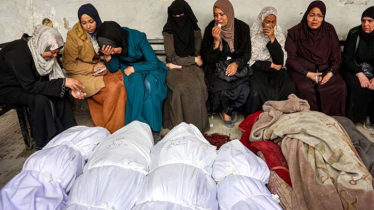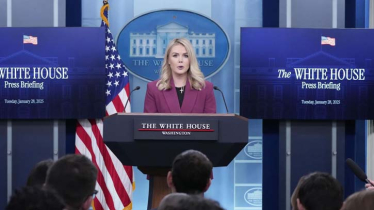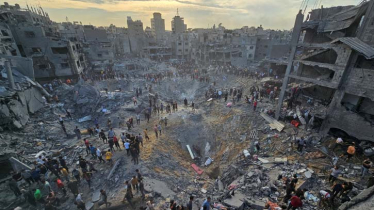
Photo : Collected
Kyrgyzstan ratified an agreement with Russia on Wednesday (24 July) for the mass decontamination of radioactive areas that pose a threat to the local population.
The mountainous central Asian country, a former Soviet republic, still suffers the environmental consequences of uranium and other heavy metals mining during the Soviet era.
Ninety-two sites contain more than 300 million cubic metres (10.5 billion cubic feet) of toxic and radioactive waste.
"The agreement between the Kyrgyz and Russian governments to cooperate in the rehabilitation of territories in Kyrgyzstan affected by uranium extraction and the mining industry has been ratified," President Sadyr Japarov's office said in a statement.
The agreement aims to "ensure the safety of the population living in areas where there is waste from former uranium mines."
Without decontamination, natural disasters like landslides- frequent in the region- could send the waste spilling into rivers that traverse the entire Central Asian region, potentially contaminating millions.
Russian state-run nuclear giant Rosatom is also running nuclear waste decontamination efforts in neighbouring ex-Soviet countries Kazakhstan, Tajikistan and Uzbekistan, while the EU and World Bank have allocated funds to help restoration efforts.
Messenger/Nishat








